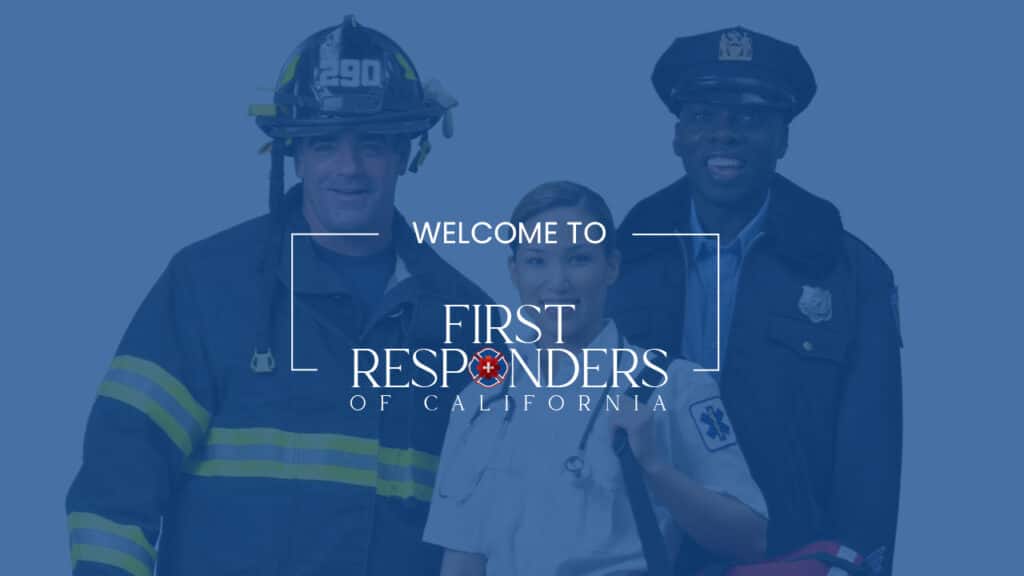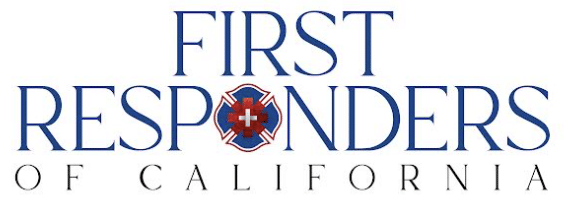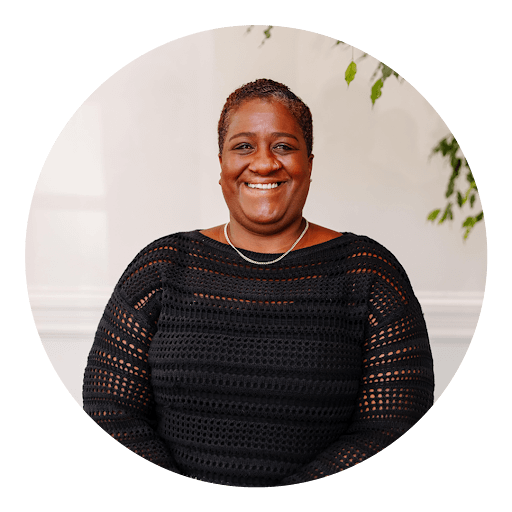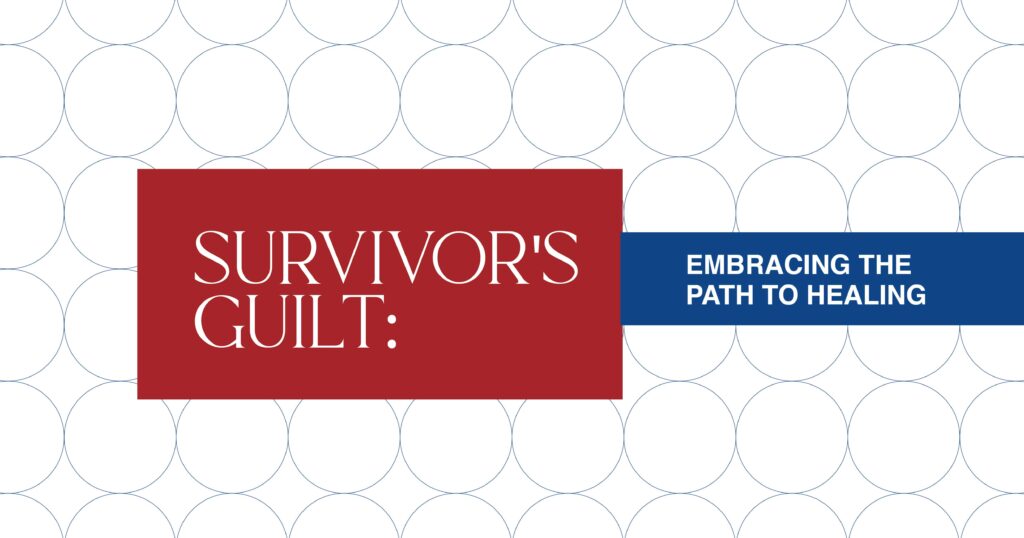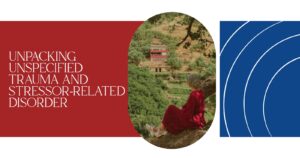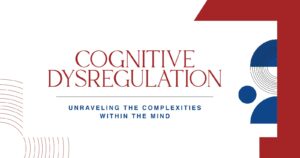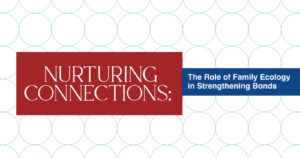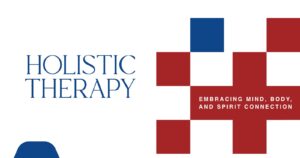Life after a tragedy is never easy. For many people, the weight of survivor’s guilt becomes difficult to carry. This feeling often arises when someone survives an event that others did not. Survivors may wonder why they lived while others did not. These thoughts can cause deep sadness, confusion, and shame. Addressing this emotional pain is important for trauma recovery and emotional healing. With the right support, survivors can find hope and learn ways to cope with the past.
Definition and Origins of Survivor’s Guilt
Survivor’s guilt is the emotional distress that occurs when someone survives while others do not. It is common after natural disasters, accidents, wars, or violent events. Many first responders and veterans also face this type of guilt. Survivors often believe they did not deserve to live. This guilt is not logical, but it feels real to those who experience it.
Psychologists first studied this condition after World War II. Veterans and Holocaust survivors showed similar symptoms of sadness, shame, and anxiety. Today, experts link survivor’s guilt to PTSD and trauma recovery. Recognizing its origins helps survivors know they are not alone. It is a human reaction to tragedy, not a personal weakness.
First Responders of California
Psychological and Emotional Impact of Survivor’s Guilt
The impact of survivor’s guilt can reach many areas of mental health. Survivors may struggle with feelings of sadness and unworthiness. These emotions often affect relationships, work, and daily life.

Some key psychological and emotional effects include:
- Persistent feelings of guilt and shame.
- Difficulty sleeping or recurring nightmares.
- Increased anxiety or panic attacks.
- Emotional numbness or detachment.
- Low self-esteem and depression.
The emotional pain can also affect physical health. Stress may cause fatigue, muscle tension, or high blood pressure. Without support, survivor’s guilt can lead to isolation and self-destructive behaviors. Emotional healing requires recognizing these struggles and seeking help.
Common Symptoms and Manifestations of Survivor’s Guilt
Survivor’s guilt does not look the same for everyone. Symptoms may appear suddenly or develop slowly over time. Survivors may feel overwhelmed by memories of the event or fear of judgment from others.
Some common symptoms include:
- Constant thoughts about the event.
- Feeling responsible for the loss of others.
- Avoiding places or reminders of the tragedy.
- Withdrawal from friends and family.
- Trouble concentrating on daily tasks.
Symptoms of Survivor’s Guilt and Their Impacts
| Symptom | Emotional Effect | Physical Effect |
| Persistent guilt | Depression, sadness | Fatigue, headaches |
| Nightmares or flashbacks | Anxiety, fear | Insomnia, restlessness |
| Social withdrawal | Isolation, loneliness | Weakened immune system |
| Intrusive thoughts | Low self-esteem | Muscle tension, stress response |
Recognizing these signs helps survivors take the first step toward therapy and guilt management. Early action is key to trauma recovery.
First Responders of California
Coping Mechanisms and Strategies for Survivor’s Guilt
Managing survivor’s guilt requires patience and the right coping mechanisms. Survivors must accept that healing takes time. Healthy coping strategies can guide survivors toward emotional healing and better mental health.
Helpful coping strategies:
- Acknowledge feelings. Accept guilt without judgment. Naming the emotion reduces its power. Allow yourself to sit with emotions without rushing to escape them. This step creates space for emotional healing to begin.
- Practice self-compassion. Remind yourself that survival was not a choice but a circumstance. Be kind to yourself in moments of doubt and shame. Self-compassion builds resilience and reduces emotional stress over time.
- Engage in therapy. Professional therapy provides tools for guilt management and PTSD recovery. Therapists guide survivors through structured healing techniques. Therapy also creates a safe place to explore emotions without fear of judgment.
- Stay connected. Reach out to friends, family, or support groups for comfort. Social connections provide survivors with support that they are not alone. Support networks encourage hope, trust, and emotional balance in recovery.
- Use relaxation techniques. Deep breathing, mindfulness, or meditation helps calm the mind. These methods reduce stress hormones and improve focus. Regular relaxation practices build inner strength and emotional control.
- Write or journal. Expressing emotions through writing can release hidden pain. Journaling helps survivors support track patterns in their healing journey. Written reflection provides clarity and fosters emotional self-awareness.
Healing takes time. Survivors should focus on small steps toward recovery, not perfection. Every positive action supports emotional healing and resilience.
Survivor’s Guilt Support Systems and Resources
Support systems play a key role in recovery from survivor’s guilt. Survivors do not need to walk the path alone. Many resources are available for trauma recovery and mental health support.
Sources of support include:
- Therapists and counselors. They provide professional guidance for guilt management and PTSD. They help survivors reframe painful thoughts and build healthier coping skills. Regular sessions give structure and stability in the recovery process.
- Support groups. Create safe spaces where survivors share and learn from one another. Group discussions reduce feelings of isolation and shame. Shared experiences encourage strength, empathy, and long-term emotional healing.
- Community programs. Offer workshops and mental health education. These programs connect survivors with valuable resources and knowledge. They also raise awareness about survivor’s guilt in local communities.
- Faith-based groups. Faith-based groups give comfort through spiritual connection. Faith practices provide hope during moments of despair. Many survivors find peace in shared prayer, rituals, and spiritual support.
- Friends and family. Provide love, patience, and understanding during healing. They remind survivors of their worth and importance. Supportive relationships encourage open conversations and reduce emotional burdens.
Survivors often feel relief when they share their story with others who understand. Support systems provide encouragement and tools for coping.
First Responders of California: Supporting Your Journey Through Survivor’s Guilt
At First Responders of California, we know how deeply survivor’s guilt affects first responders, trauma survivors, and their families. Our team is committed to supporting emotional healing and long-term trauma recovery.
We provide:
- Individual and group therapy sessions.
- PTSD and guilt management programs.
- Workshops on mental health and coping strategies.
- Peer and community support groups.
We believe no one should face survivor’s guilt alone. Our experts create safe, supportive spaces for recovery. Healing is possible with the right care.
Contact First Responders of California and start your path toward hope, strength, and balance.

First Responders of California
FAQs
How can trauma recovery and emotional healing mitigate the effects of survivor’s guilt?
Trauma recovery and emotional healing provide tools to process guilt. These tools reduce shame, improve mental health, and support long-term recovery. They also guide survivors toward greater self-compassion and hope.
What are some effective coping mechanisms for managing survivor’s guilt and PTSD?
Effective coping mechanisms include therapy, mindfulness, journaling, and community support. These strategies improve emotional balance, resilience, and daily mental health. Consistent practice makes coping skills stronger and more effective.
How does guilt management play a role in mental health and recovery from survivor’s guilt?
Guilt management helps survivors reframe negative thoughts. This approach supports trauma recovery, reduces anxiety, and builds emotional strength over time. It also restores confidence and emotional stability in daily life.
What types of therapy and support groups are beneficial for those experiencing survivor’s guilt?
Cognitive behavioral therapy, group counseling, and peer support groups are helpful. They create safe spaces for healing and mutual support. These resources encourage connection, trust, and long-term emotional healing.
How can recognizing the long-term effects of survivor’s guilt aid in the emotional healing process?
Recognizing long-term effects encourages early intervention. This awareness supports healthier coping mechanisms, reduces stress, and promotes sustainable emotional recovery. It empowers survivors to seek timely help and guidance.
